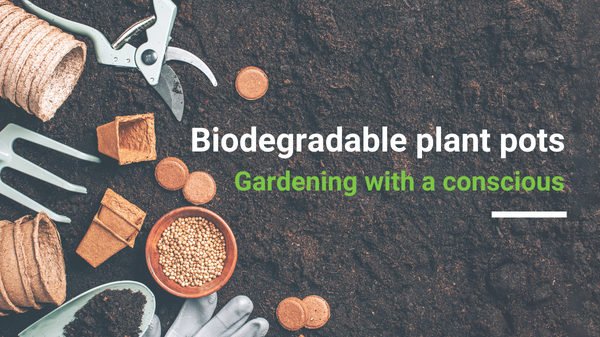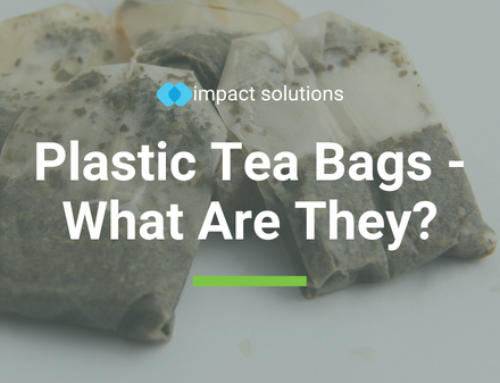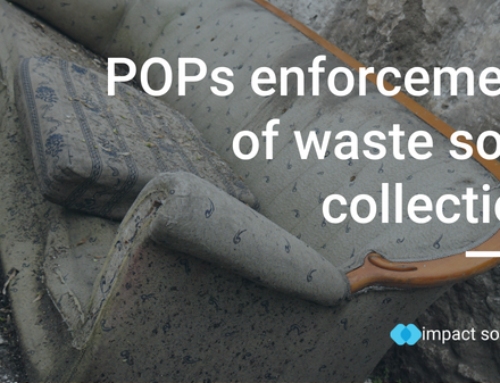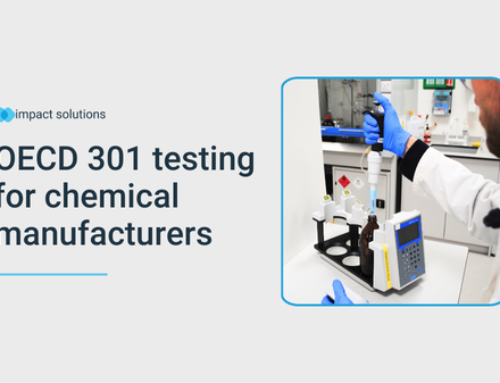The UK garden market is a major industry. UK households collectively spent around £7.5 billion on garden goods and £2.4 billion on the services of gardeners and landscapers in 2017 (Horticultural Trade Association). From garden tools, seedling trays, plant pots and labels, the number of products purchased within this sector is endless. Needless to say, many of these products are made from plastic and can result in plastic waste that ironically is damaging to our natural environment and potentially wildlife, if not disposed of correctly.
What are the benefits of gardening?
Naturally gardeners are keen to look after plants, wildlife and nature. The wide span of benefits reaped from this standalone hobby can bring greater mental wellbeing and physical health for people, creates a pleasant space to spend time outside and provides vital food and homes for insects and birds.
What are the problems with plastic gardening products?
It seems undoubtedly questionable why a lot of the gardening products on the market are designed to help aid gardening activities yet remain as persistent waste within our environment if they get lost or broken. Although a lot of gardening supplies can be reused for many growing seasons like pots, trays, labels and twine, they are typically made of plastics that are subjected to weathering and general wear and tear. Consequently, over time these products become brittle, fragmented, and can create microplastics that accumulate in the soil. The plastic fragments created from the brittle plastic product can mistakenly be eaten by wildlife or end up being used to build nests.
Further, some plant pots are made from plastics such as Polyvinyl chloride (PVC), Polystyrene (PS) and Polycarbonate (PS) that can actually negate the benefits of growing plants naturally and organically at home due to the potential of leaking toxins into the soil (Royal Horticultural society).
Are biodegradable plant pots the solution?
Developing biodegradable garden supplies such as biodegradable plant pots will mean less plastic will be persistent in the environment and will offer products that break down in soil – ultimately combatting plastic pollution for the end of life of gardening products. For example, using biodegradable plant pots when starting from seeds or seedlings means less disturbance to the overall plant when it’s growing with the pot naturally breaking down once the plant is established.
At Impact Solutions we can conduct ISO 17556 testing to determine if plastic materials and products are biodegradable in a soil environment. Gardening products are a great example that could benefit from this type of biodegradability testing and could be impactful in developing a vital industry in moving forward in environmental sustainability. Additionally, we also have extensive weathering testing capabilities to test your garden products for weathering stability.





